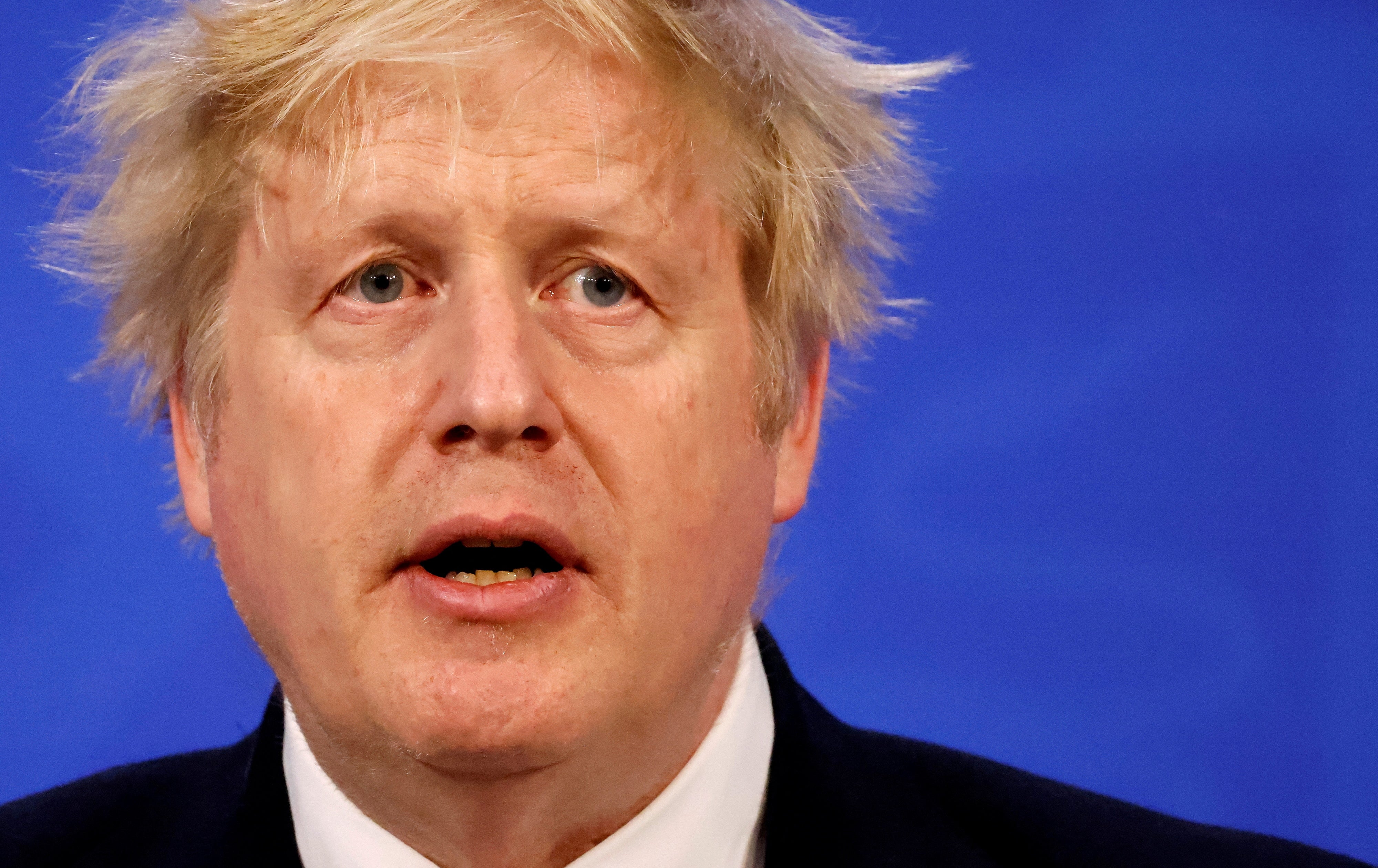The Tories are hooked on paranoid short-termism and cheap electoral tricks
Boris Johnson’s obsession with survival, at any cost, mirrors that of the party as a whole, writes Marie Le Conte


Many column inches, including my own, have been dedicated to the chasms between Boris Johnson and the parliamentary Conservative Party. He is, in so many ways, an odd choice to be a Conservative prime minister; on this, a lot of people agree.
Still, there is one aspect in which they mirror each other, and which deserves to be looked at more closely. Boris Johnson is a man who clings on; he is a man who just about gets away with it, a man who fudges to get what he wants, even if he knows that his solutions are temporary, and will probably land him in hot water later on. In short, he is a “just do whatever you can to win now, the rest will surely figure itself out” leader.
It should feel jarring that he is now the face of the Conservatives, one of the greatest electoral machines in the history of democracy and, we are often told, the natural party of government. There should be an ease to Tory power that Johnson doesn’t quite have; he is a bad loser and an even worse winner, and nothing about him feels steady.
On top of this, of course, are the many scandals which have mired his premiership so far, and which keep threatening to tarnish the party’s image permanently.
As many women presumably found out the hard way, Johnson is only reliable in the very short term, provided your expectations are clear and limited. The Conservatives were in need of a landslide and he gave them one; why is he sticking around? Perhaps because getting rid of him would make Conservative MPs realise just how much their party now has in common with a leader many elected while pinching their nose.
Though it is true they have been in power for nearly 12 years, the Tories have turned into the natural party of (desperately trying to remain, just about, in) government. By their very nature, the coalition years did not feel like a stable Conservative administration. Cameron’s majority of 12 was too close for comfort, and May’s hung parliament was what it was.
Allowed to run the country but always forced to look over their shoulder, the party got hooked on paranoid short-termism and cheap electoral tricks. You could call it smart shapeshifting but, the longer it goes on for, the more desperate it looks. Standing in front of the electorate like a panicked Mr Potato Head, the Conservatives are frantically adding and removing arms and legs, hats and noses, hoping to eventually land on a combination that will keep them in government for just a bit longer.
It doesn’t really matter that they currently have a majority that would be extraordinarily difficult to overturn in a single election. Children are products of their environments, and the prospect of opposition was too real for too long; the anxiety is here to stay.
To keep up to speed with all the latest opinions and comment sign up to our free weekly Voices newsletter by clicking here
In this context, isn’t it obvious why Johnson remains the best possible person to keep in No 10? His obsession with survival, at any cost, mirrors that of the party as a whole. His problems, though not ideal, are useful because they could easily be solved by removing him. People stay in failing relationships when they are not satisfied with their lives in general, as it is easier to blame their woes on their underperforming partner instead of looking inward.
Were Johnson to leave tomorrow, few of the party’s longer-term problems would be solved. There would be a new face – new eyes, trousers, ears – but the insecure and hollow potato would remain the same.
It has often been said that Boris Johnson successfully managed to rebuild the Conservatives in his image, but it isn’t quite true. The prime minister represents the least flattering but very real aspects of a party running out of breath. They all know it, deep down; no one in a good place gets this attached to such an obvious one-night stand.
Join our commenting forum
Join thought-provoking conversations, follow other Independent readers and see their replies
Comments
Bookmark popover
Removed from bookmarks